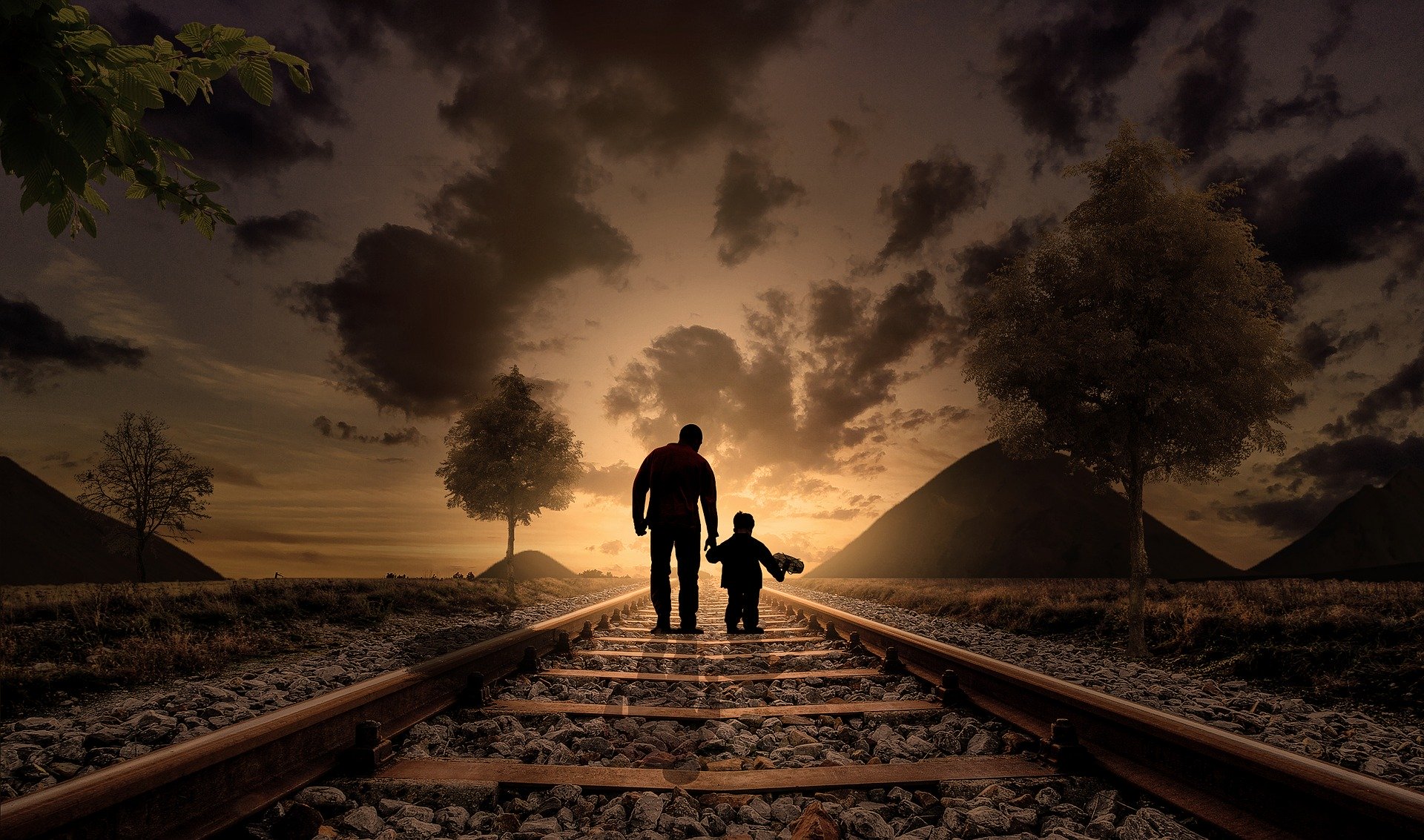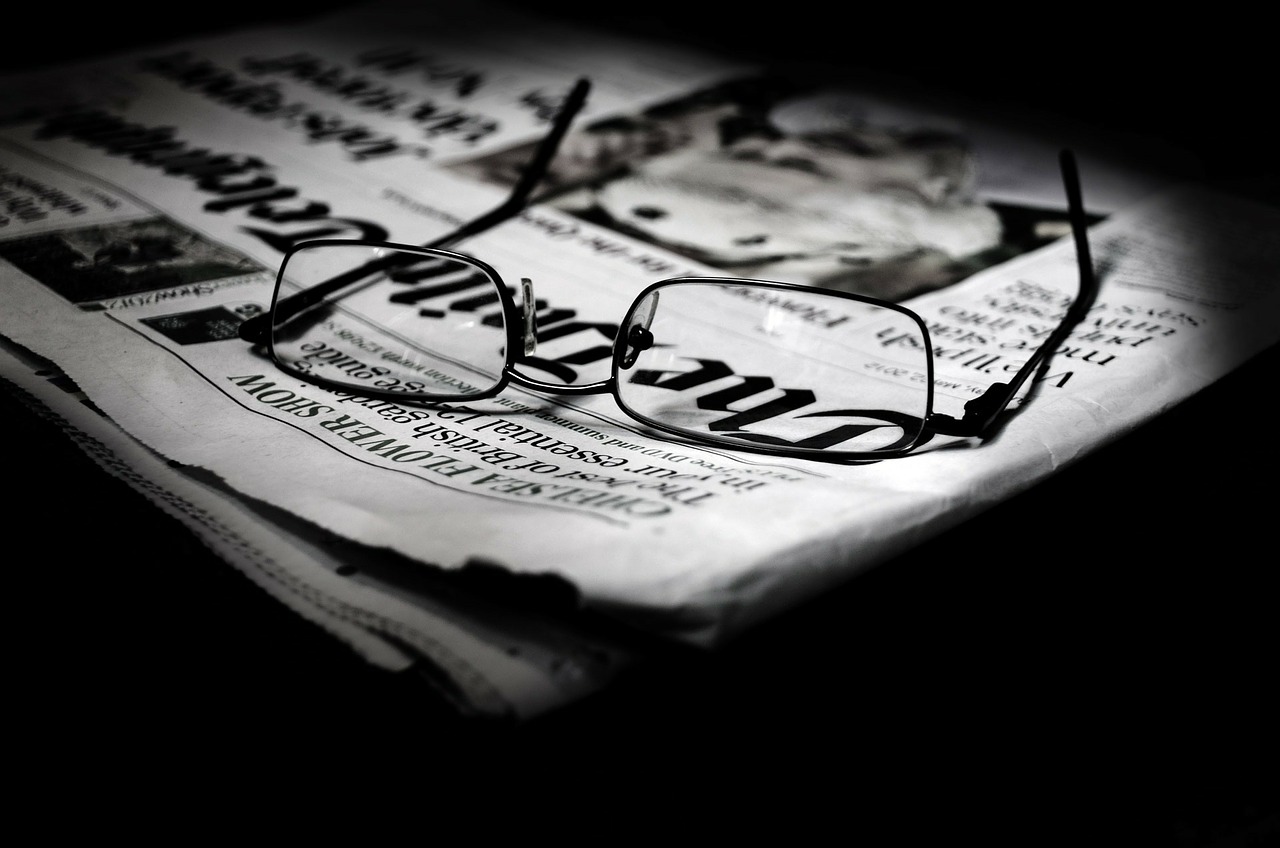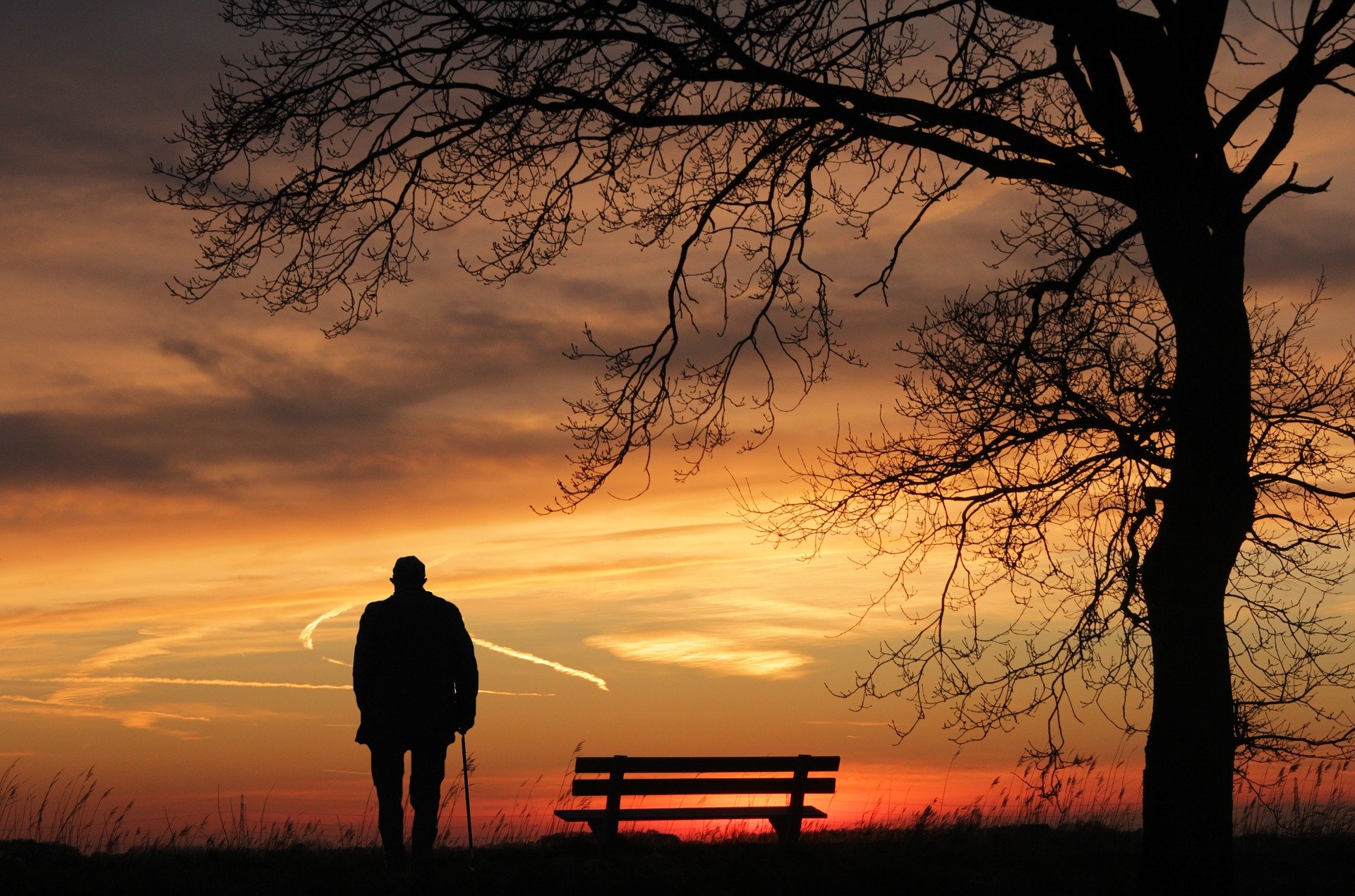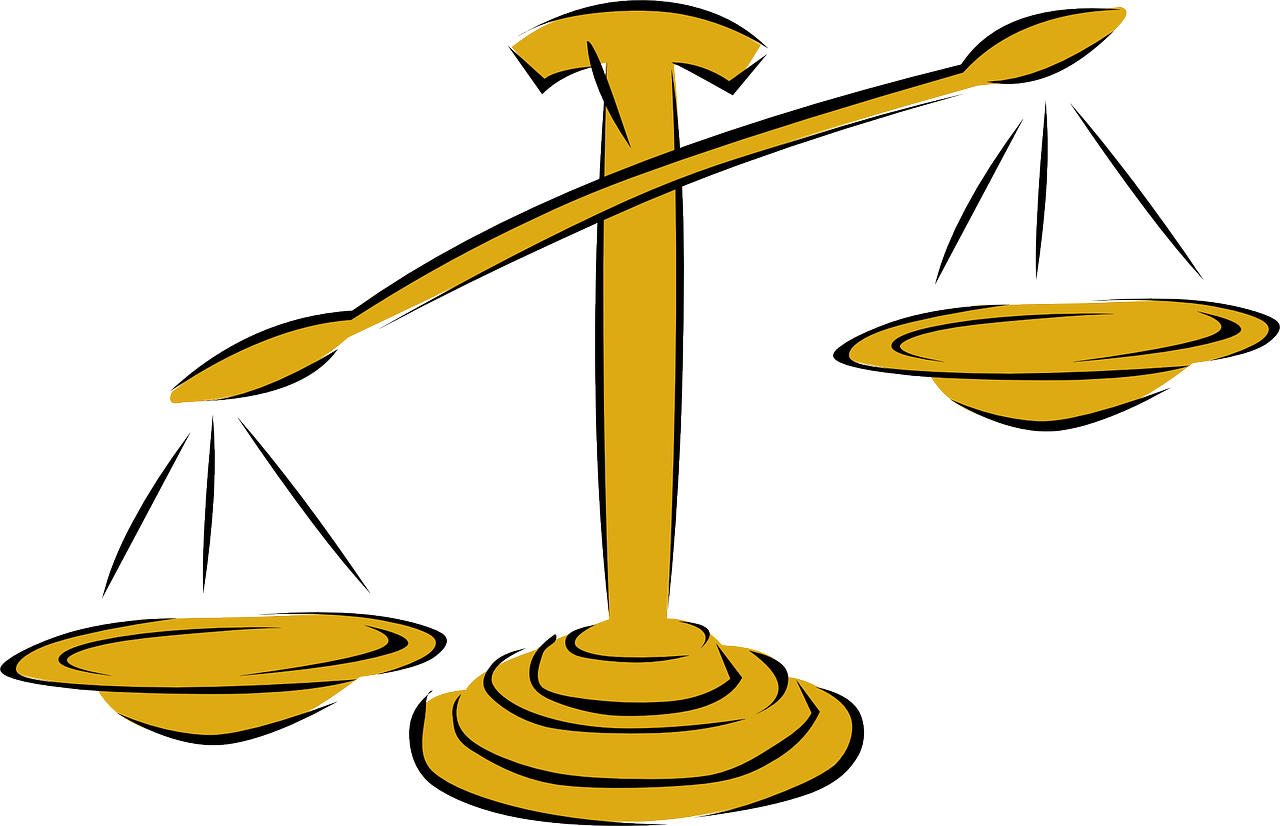Sermons
Rabbi Esther Hugenholtz’s sermons connect Jewish tradition with the real questions we face today. Her teachings offer gentle insight, spiritual grounding, and a thoughtful moral voice. We hope these reflections bring perspective, meaning, and encouragement to your own journey.

The Great of the Small
While science may help lift the veils of our ignorance and solve many mysteries, it does not bleed the mystical from our lived experience.

The Worst of Times and the Best of Times
It is hard to think in exponential increases, in orders of magnitude, in terms of emergency declarations and social distancing. This is the stuff of dystopian near-future sci-fi and we seem to have landed in the middle of it.

Raising Up Kindness
Parashat Mishpatim is a perfect storm. Opening the book of Exodus during volatile political times is an exercise in confirmation bias in the best of cases, but Mishpatim speaks to our current reality – in an election year, no less – in uncanny ways.

A Torah of Love (Valentine’s Day Sermonette)
To be honest, I don’t care much for a commercially-driven Hallmark holiday that I don’t celebrate but I am passionate about love. Here’s why.

Between The (Head)lines
Like many of you, I’ve been following the headlines about the Coronavirus outbreak. While I leave assessments of this new virus to the epidemiologists and public health experts, I think we can glean meaningful insights about our moral responses by reading between the headlines.

On Holy Ground
I love that feeling of sinking my boots into virgin snow, leaving freshly made footprints. There is a quietude to fresh snow that is magnificent and spiritually resonant; like the Shekhinah has draped Herself in a fine tallit.

Finishing Well
Now that the chanukkiyot are packed away, the candlewax has been scraped from window sills, the dinners, the Season’s post cards, the gift wrappings, champagne corks and fireworks are behind us, what we have left to reflect on are not only our expanded waistlines but the family relationships we built during the winter Holiday Season.

Vision and Light
There are no shortage of Biblical verses that speak to the present moment, but this verse, ‘without vision, the people are confused’ (or ‘perish’ in other translations) seems particularly salient.

The Hearts of Parents and Children
The portion opens with a crisis: Isaac marries Rebecca and they, like Abraham and Sarah, are confronted with infertility. It only takes three verses to paint a complete picture of their marriage, their challenges and their much-wanted pregnancy.

The American Sabbath
It’s not just the tryptophan in the turkey; there is an unmistakable mellowness to a Thanksgiving dinner that feels Shabbosdik: where people take the time to relax, talk, eat and savor the company of loved ones. Not only that, it is one of the few American holidays where this country – of incessant consumption and entrepreneurism – shuts down, in the best possible way.
